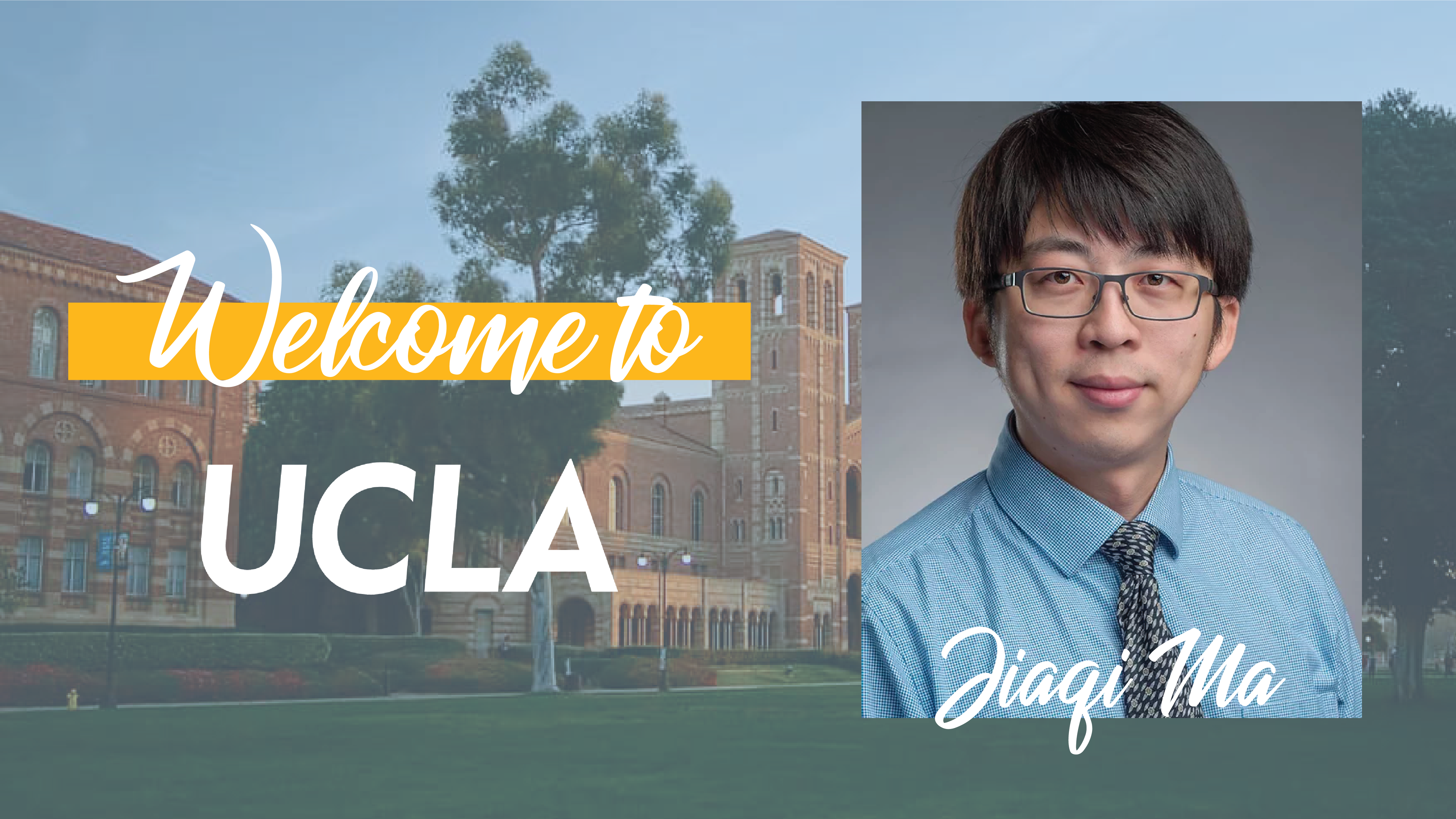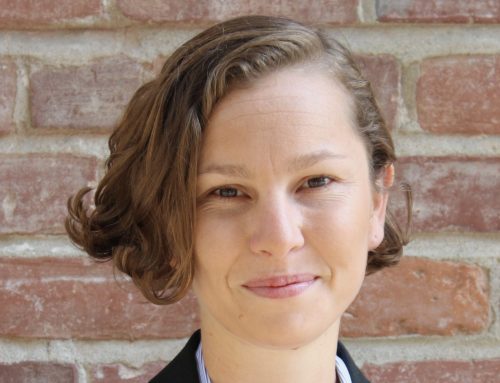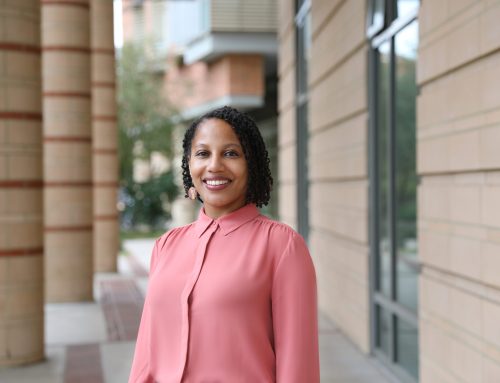Q&A with engineering professor Jiaqi Ma
As we head into the fall quarter, we’d like to welcome one of the new transportation faculty members to the UCLA ITS community. Jiaqi Ma joins the UCLA Samueli School of Engineering as an associate professor of civil and environmental engineering. He’ll also lead the UCLA ITS New Mobility program area. Our communications fellow, Lena Rogow, recently sat down with professor Ma to find out more about his research focus and the work he expects to do while at UCLA.
This interview has been edited for length and clarity.
Lena Rogow: Welcome to UCLA! How have your first couple of months been?
Jiaqi Ma: I joined July 1 and since then, it’s been great. The environments both within civil and environmental engineering and planning and policy have been very welcoming and warm. There are a lot of synergies between my work and the work of the transportation professors in planning, and I’m looking forward to working with them while here.
LR: Tell me more about your past work and research focus.
JM: My background is in engineering systems, especially in regards to connected vehicles and automated vehicles (AVs). Before coming to UCLA, I had started a mobility lab at the University of Cincinnati that will continue with my work here. The lab focuses on how to reduce traffic congestion, crashes, emissions, and energy consumption through advanced technologies such as automation or electrification. At a more granular level, I am especially interested in how vehicles work with one another and communicate with infrastructure, such as traffic signals, to produce a more sustainable and more efficient system for our roads.
Another example is my work with traffic and weather. In my research, I use data-driven methods, machine learning and artificial intelligence to estimate and predict traffic conditions under different weather conditions. Cities and counties can use this technology to better plan for emergency evacuation scenarios. Over time, the infrastructure will evolve and municipalities will have a better understanding of how to control traffic systems when they’re most in need.
LR: I can imagine there’s a lot of need for that kind of work in California, especially right now. Speaking of which, what kind of work will you be doing at UCLA?
JM: As I mentioned before, I will continue the work from the mobility lab at UCLA. We will be working with AVs, and will be doing all the modeling, simulating and testing work in the virtual and physical world. This will help us better understand traffic systems and control.
The Federal Highway Administration (FHWA) is also very interested in AVs and management systems. As part of their program, Cooperative Driving Automation, we’ll be testing how to make AVs more cooperative and work more seamlessly with one another and the infrastructure to improve overall traffic system performance.
I’ll also be working with SCAG (Southern California Association of Governments) studying how AV technologies impact traveler behavior and the resultant system evolutions. In this particular case, we’re looking at how AVs change people’s activity choices and how that will impact travel demand.
My mobility lab at UCLA will also be featuring a full-scale, level-3 capable automated vehicle equipped with different sensors. We will be testing different perception and control algorithms that optimize vehicle behavior under different road and traffic environments. We will particularly focus on system resilience to improve safety and security of automated driving systems.
My other project is with small-scale vehicles that are about one-tenth the size of regular vehicles. We’ll be working with robotics researchers to test how these cars would navigate through a smart city. The purpose is also testing our algorithms on these vehicles before we go to the field with real AVs.
LR: Your work sounds fascinating. As a student, can I take a class with you to learn more about your research and interests?
JM: I’m taking the fall off, but in the winter I will be teaching Transportation Systems Analysis in the civil and environmental engineering department.
LR: In the meantime, how can students find you?
JM: My email address is jiaqima@ucla.edu or you can check out my website. Students should also let me know if they want to make an appointment.





